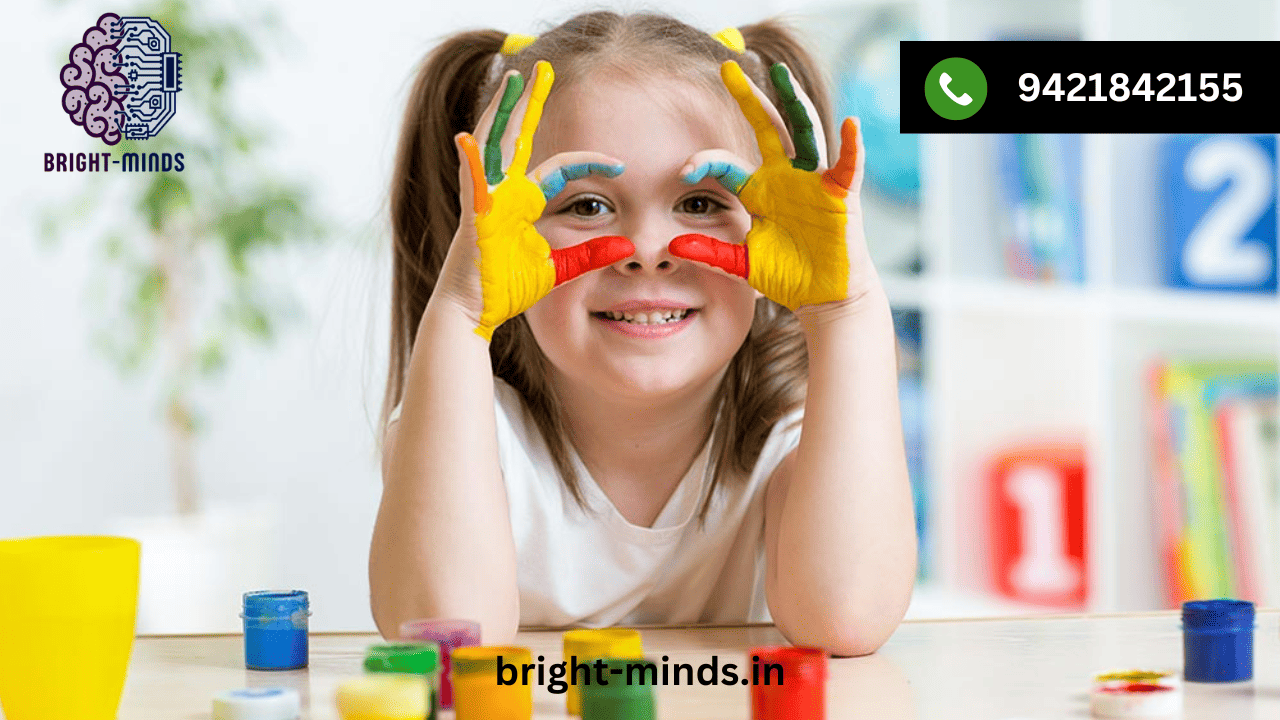Teaching colors and shapes to preschoolers is an exciting and necessary phase in their educational journey. Colors and shapes help children grasp their surroundings, expand their vocabulary, and learn basic math skills. With exciting activities and engaging ways, you may make learning interesting and effective for young minds. Why Teaching Colors and Shapes is Important Steps to Teach Colors to Preschool Kids Steps to Teach Colors to Preschool Kids 1. Start with Basic Colors Introduce primary colors like red, blue, and yellow. These are easy for kids to identify and remember. 2. Use Everyday Items […]
Read More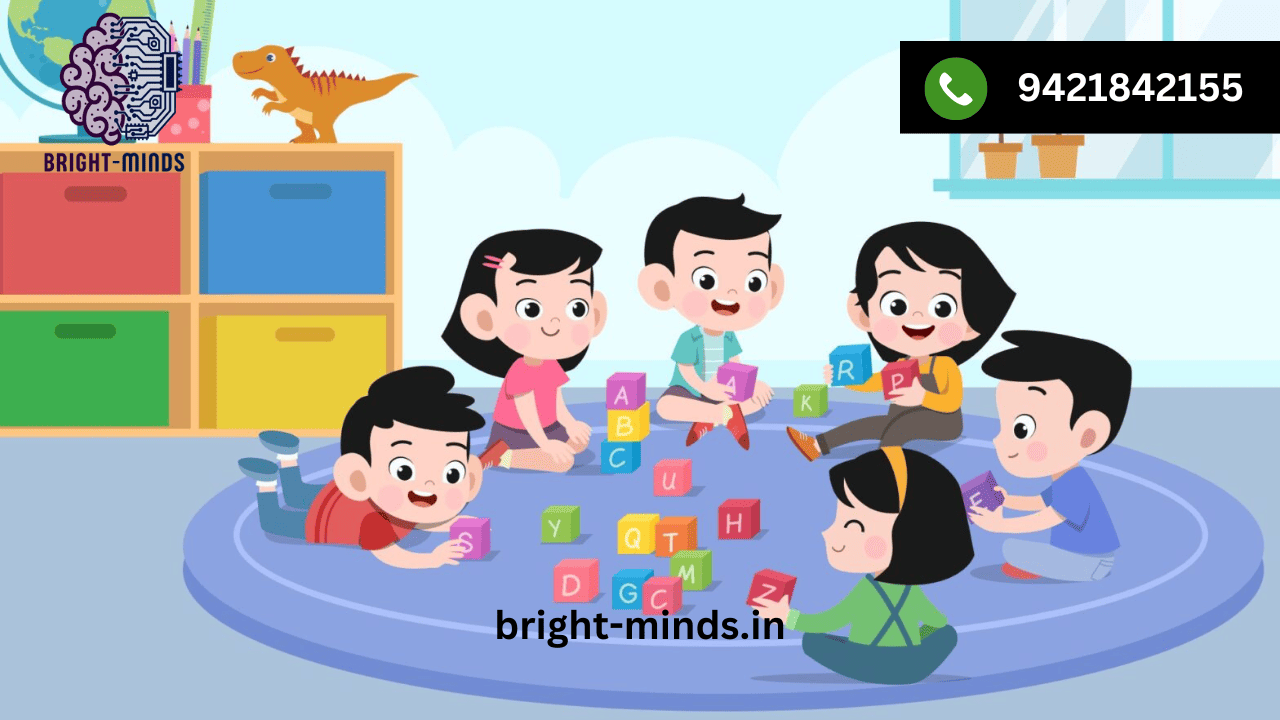
The Importance of Play-Based Learning in Early Childhood
Early infancy is a key stage in a child’s development. Children learn best during this time by participating in enjoyable and engaging activities. Play-based learning is a strategy in which children explore, discover, and learn via play. It’s more than just having fun; it’s also an effective way to build important abilities. Let’s look at why play-based learning is so vital for young children. What is Play-Based Learning? Play based learning combines structured and unstructured play to help children learn naturally and enjoyably. It allows children to: This method makes learning fun while encouraging growth in all areas—cognitive, social, emotional, and physical. Benefits of Play-Based Learning 1. Encourages Creativity and Imagination When children pretend to be doctors or chefs, they employ their imagination. This stimulates their imagination and allows them to think outside the box. 2. Develops Social Skills Playing with their peers teaches them how to share, take turns, and collaborate. These are critical talents that students will need throughout their lives. 3. Builds Communication Skills Role-playing and group activities help children learn to express themselves, listen to others, and grasp diverse points of view. 4. Enhances Problem-Solving Skills When youngsters build a block tower or solve a puzzle, they learn to think critically and solve problems. 5. Improves Motor Skills Physical activities such as running, leaping, and drawing aid to enhance both gross and fine motor abilities, which are required for tasks such as writing and self-care. 6. Fosters […]
Read More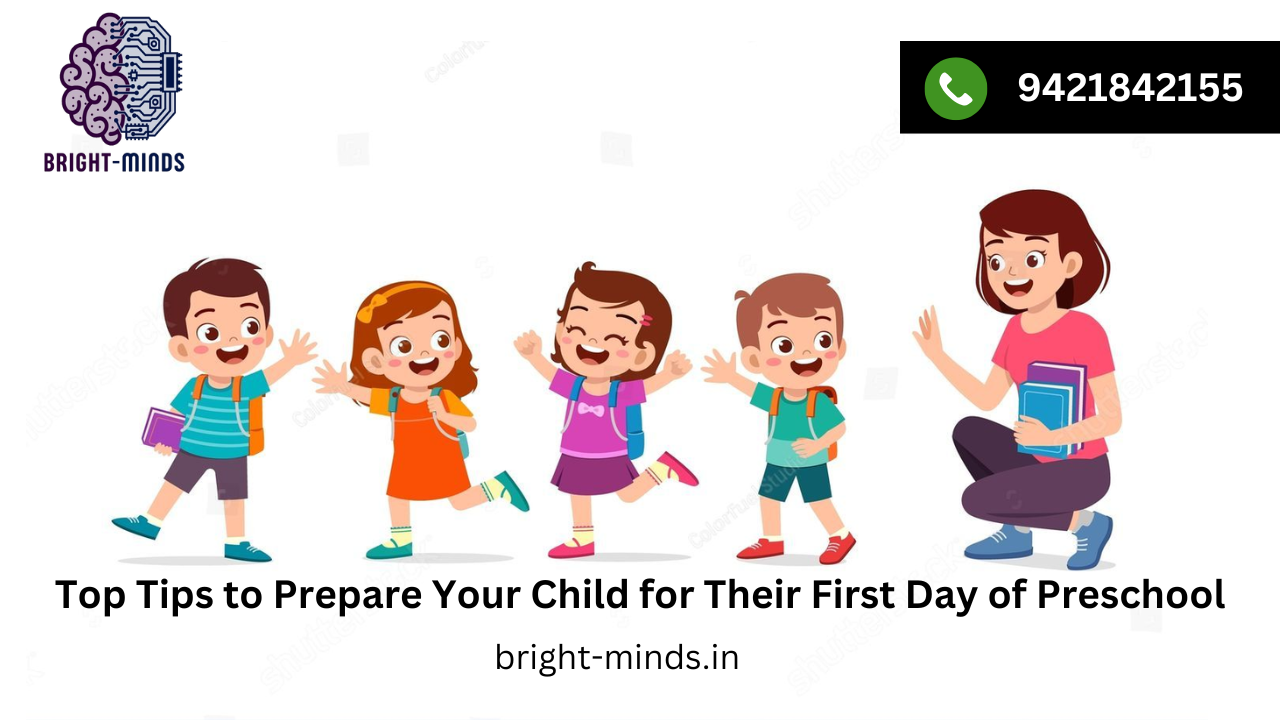
Top Tips to Prepare Your Child for Their First Day of Preschool
The first day of preschool is a significant milestone for both children and parents. While it is exhilarating to see your child take their first steps toward independence, it can also be stressful and difficult. Preparing your child for their first day can help make the transition easier and more enjoyable for everyone involved. Here are some practical and fundamental recommendations to help your child prepare for their first day of preschool. 1.Talk About Preschool Early and Often Start introducing the idea of preschool to your child weeks before their first day. 2.Establish a Routine Preschool introduces a structured routine that may be new for your child. 3.Visit the Preschool Together Familiarity can make the first […]
Read More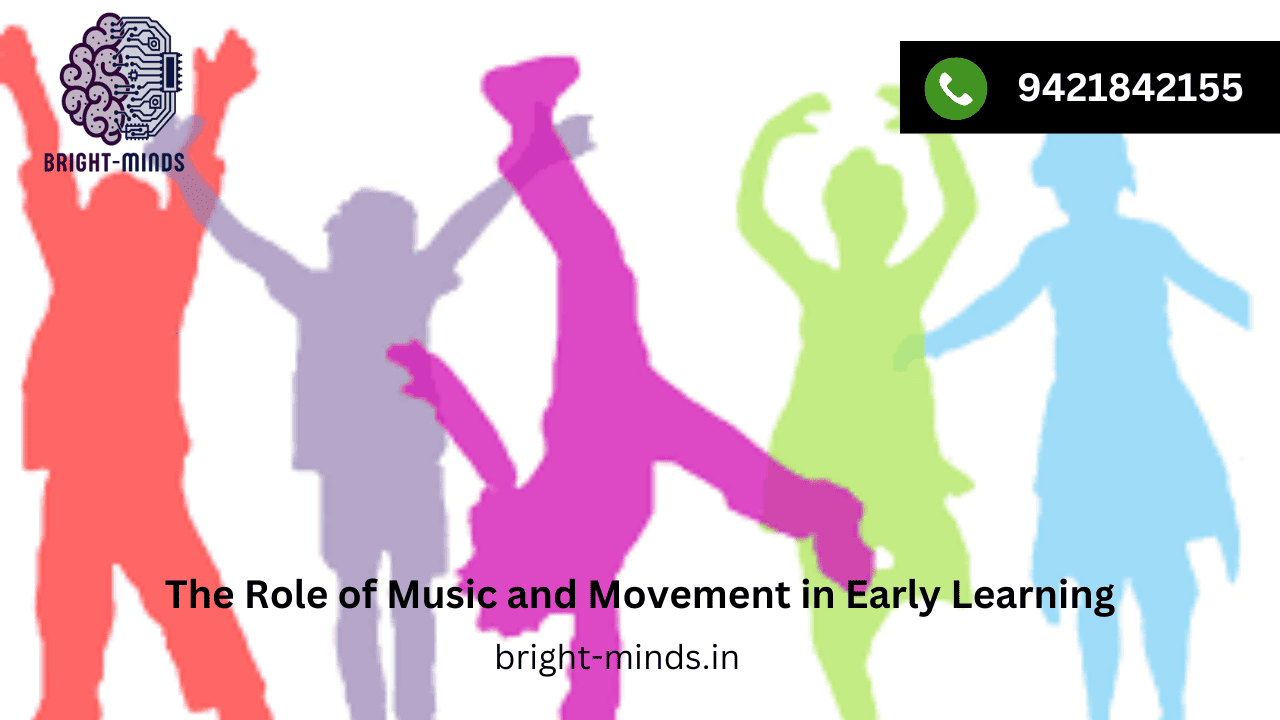
The Role of Music and Movement in Early Learning
Music and movement are effective tools for early childhood education. They encourage children to develop cognitive, emotional, physical, and social abilities in an engaging and fun manner. Music and dance are more than just means of enjoyment for young students; they are crucial components of an all-around educational experience. In this blog, we will look at how music and movement can help with early learning, as well as how parents and educators can include them into children’s everyday routines. Why Music and Movement Matter in Early Learning Music and movement activate numerous areas of the brain at once, generating connections that promote general development. This is especially crucial for youngsters, whose brains are rapidly developing and generating new neural networks. Cognitive Development Through Music and Movement Music and movement activities enhance cognitive abilities in young learners. a. Language AbilitiesSinging melodies and recounting rhymes present new jargon, further develop elocution, and upgrade listening abilities.Redundancy in tunes assists […]
Read More
Dot to Dot A to Z Alphabet Worksheet for Kids
Connect the Dots’ That’s a great way of telling someone to tie the relationships between different facts together, so as to understand the situation at large. At a more basic level, the term ‘connect the dots’ refers to the ‘literal’ process one uses to trace lines between dots on a […]
Read More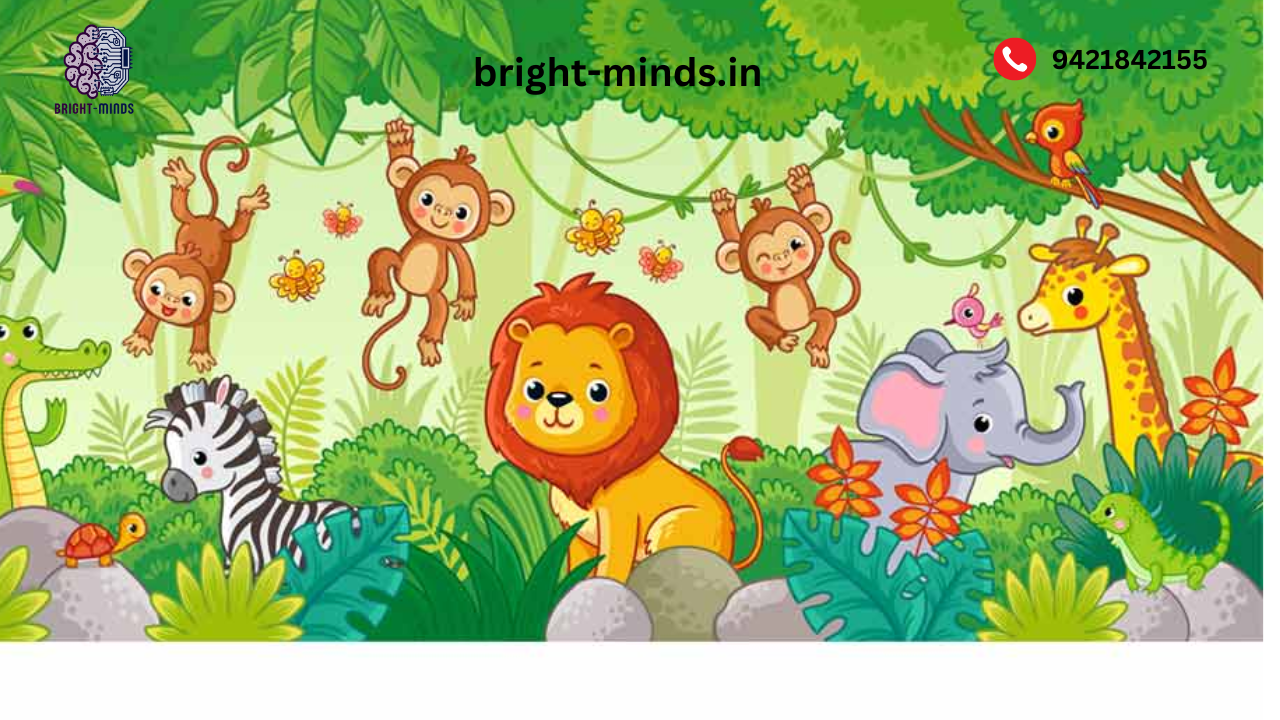
15 Short Animal Poems for Kids of all Ages
If there’s one thing that will get your child grooving quite unlike anything else, it is this: An Animal Poem! Nothing quite beats the charm of a good old animal poem. Especially when it’s from the stable of short animal poems, that children find easy to memorize and tap their […]
Read More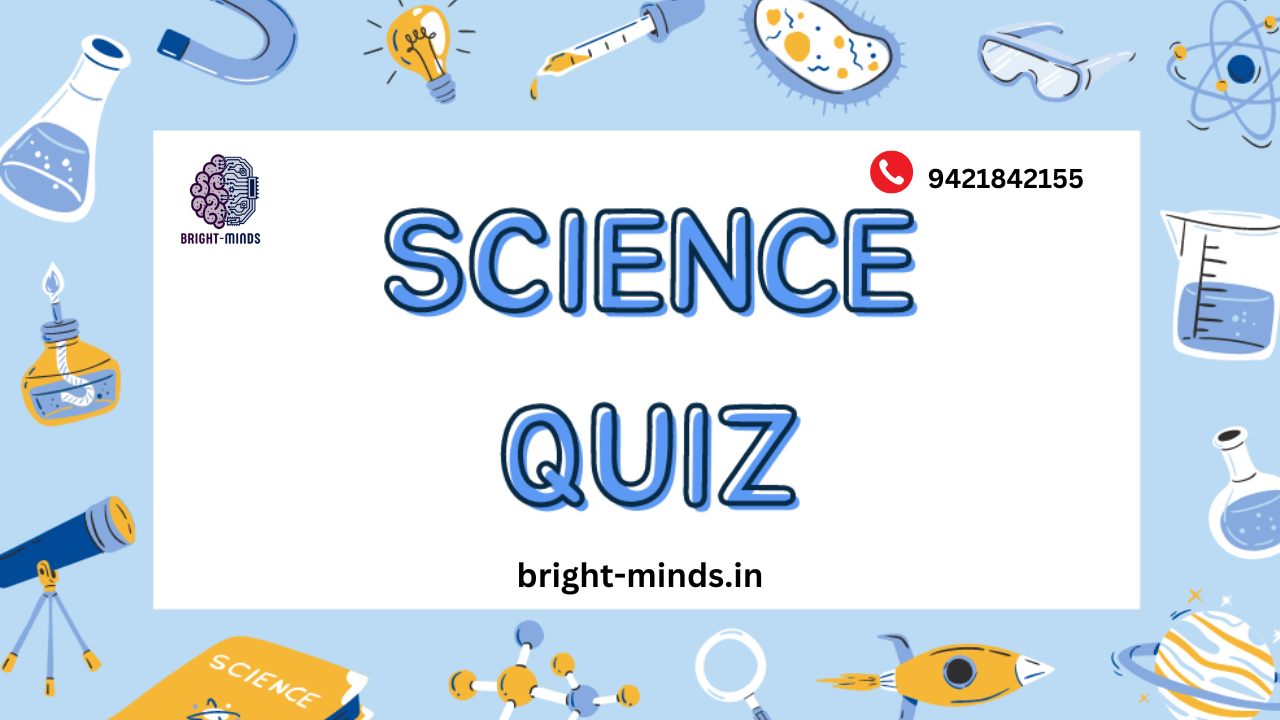
Science Quiz Questions and Answers for Kids
Looking for a fun way to get your kids excited about science? These science quiz questions are perfect for sparking their curiosity! Whether they’re fascinated by space, animals, or how things work, these quizzes make learning an adventure. And with the answers included, they can discover something new as they […]
Read More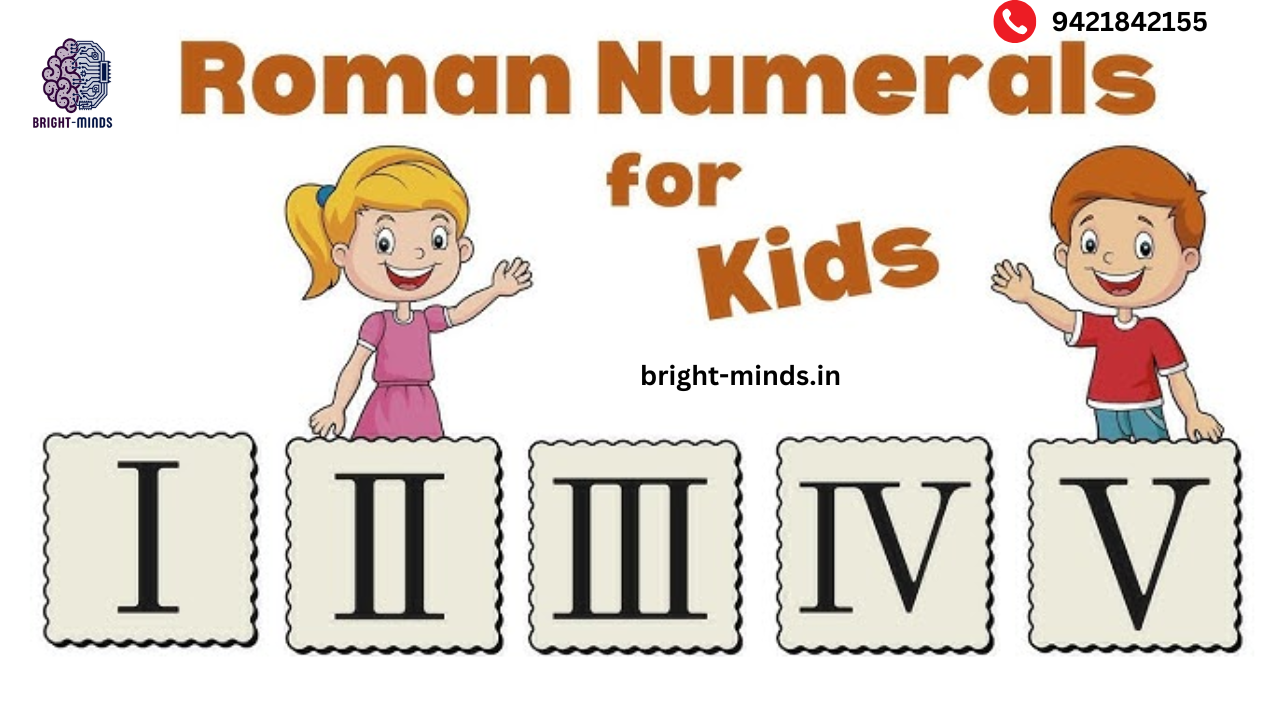
Teaching Kids About Roman Numerals
Roman numerals are not used too often any more but it is still important for children to know about the different representations of numbers. It is a great way to enhance their number sense, foster a better understanding of how numbers work and is extremely good for increasing their mental […]
Read More
